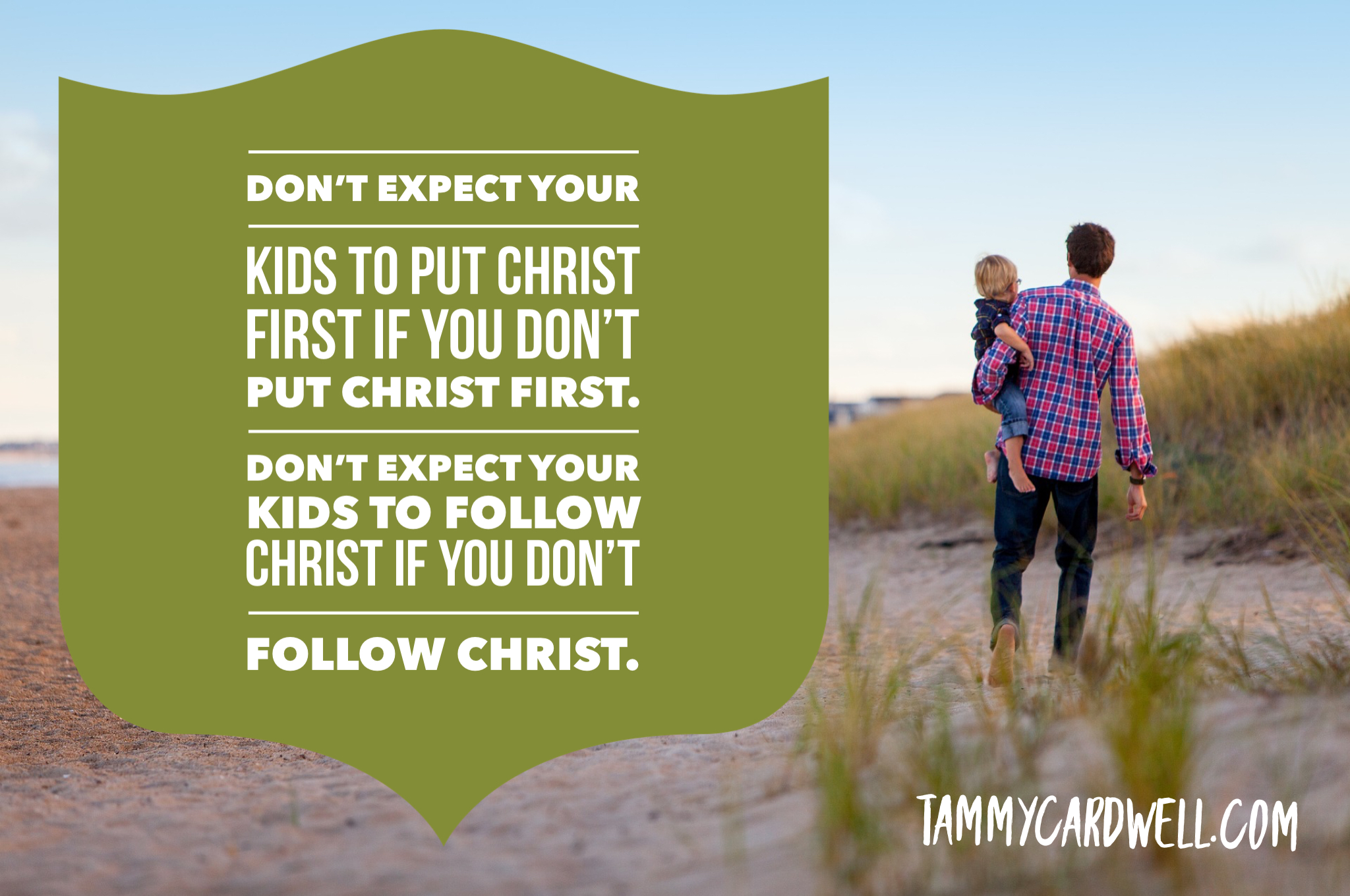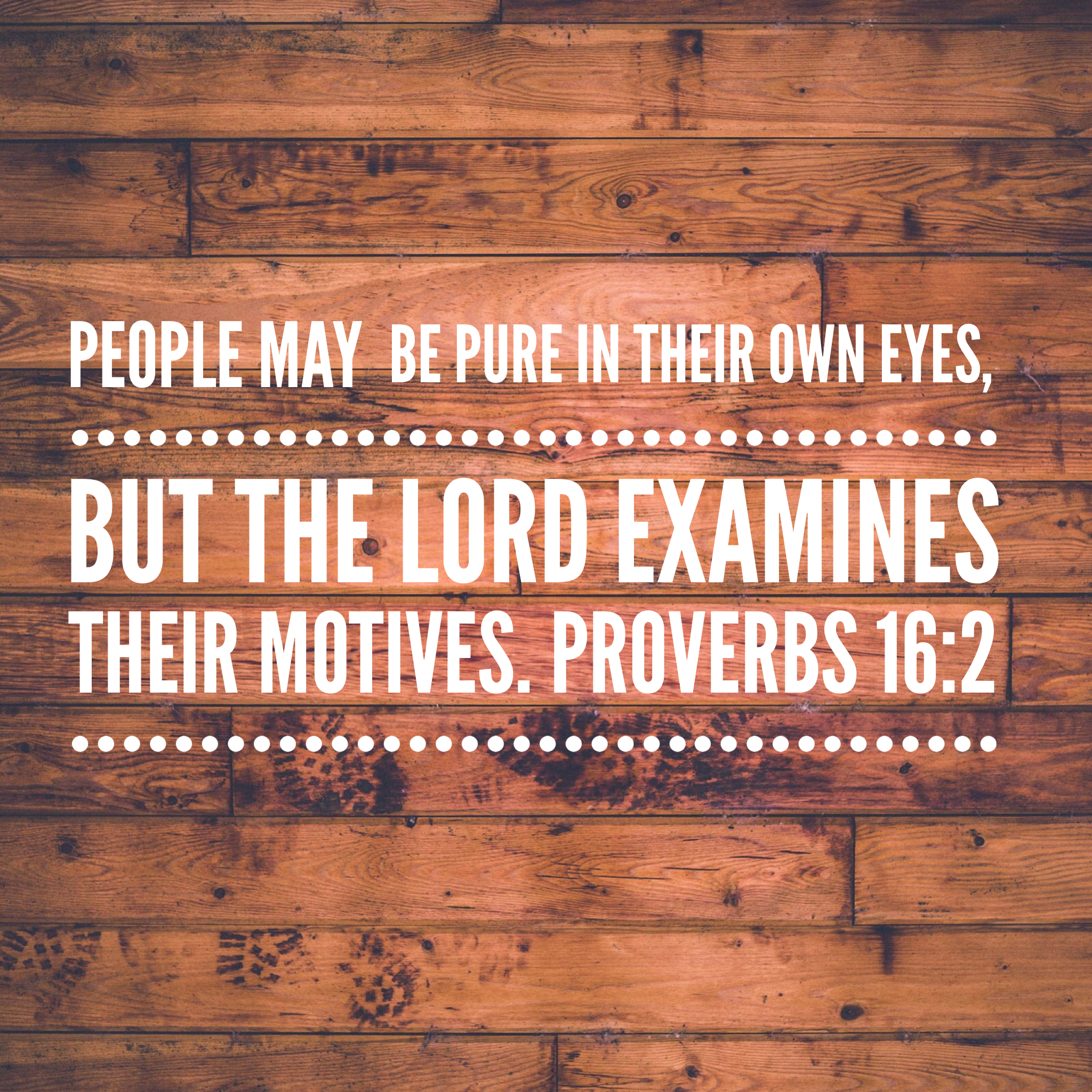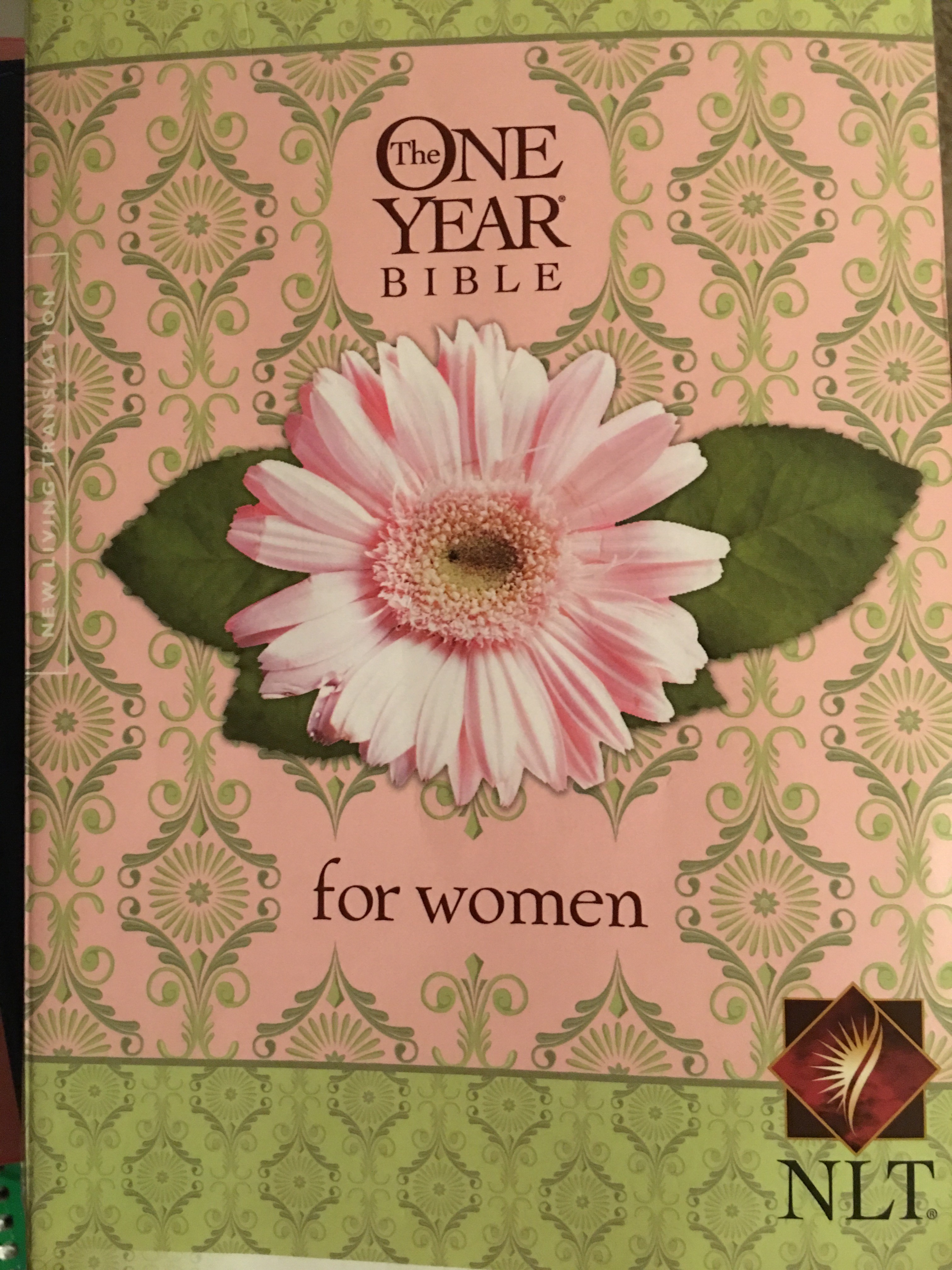Jesus said to His disciples, “Before Abraham was, I Am.” (John 8:58)
I’m sure you’ve heard someone, at some point, refer to a Scripture as having leapt off the page while they were reading. This is one of those verses for me. There I was, reading along, when suddenly I SAW Jesus say, “Before Abraham was, I AM.”
I’ve heard this verse used to support Jesus’ divinity, as it hearkens back to God’s declaration to Moses, but the revelation I gained in that moment was entirely different.
Picture me sitting there, stunned expression on my face, realizing that He’s saying “I AM before Abraham,” that even though He was standing there talking to them He was also, at the same time, before Abraham was born!
The revelation hit me in a moment, but it took my brain weeks to process it. Throughout my days, I kept going back to the thought the way you keep returning to a pot that’s simmering on the stove. I even pulled out my concordance and sought out similar times when God made such references to Himself.
You see, I’d always heard it taught that God was saying, “I am _________ (insert your need in the blank,” meaning He is whatever you need.
I am your Savior.
I am your deliverer.
I am your healer.
I am your provider.
This is all true, and lines up with the very names of God. The challenge is that Scripture isn’t two-dimensional. You can look at it one way today and see that it means one thing, and realize tomorrow that it means that and much more. The challenge is to keep from getting locked into only one view.
As I meditated on Jesus’ declaration, God lifted another verse from the page. “Be still and know that I am God…” (Psalm 46:10) It was as if He were writing me a personal message.
Be still and know that I AM
~God
It’s a fact: Time is meaningless to God. Yes, we find it hard to comprehend this truth, because it’s almost everything to us, but I’m convinced that its only use to God is that it helps us keep our own lives in order. Well, perhaps that’s an oversimplification, but you get my point.
Through the weeks, I slowly gained an understanding that GOD IS, that even as God IS with me as I type this, He IS also with Moses in the desert and Adam in the garden. At first, it was almost like a mental exercise. I’d been given a new piece of information and was slowly grasping what it meant, what its significance would be in my life. Like watching the sun slowly creep up over mountains, I knew something was coming. And I was actively watching for it.
And then the day dawned.
We’d been dealing with CPS (Child Protective Services). The report was completely bogus but, like everyone else who has ever been accused, we had been doing our part to prove wrong the accusations made against us. On “that” day, I walked out my front door, heading to the mailbox, and I suddenly GOT IT. Even as I took those steps, I prayed something along the lines of, “Daddy, you’re in all times at once, so I ask that you do whatever you have to do three days ago for there to be a letter in the mailbox today saying, ‘We’re so sorry. We’ve found nothing wrong. We’re dropping the whole thing.’”
The letter was there. It didn’t say, “We’re so sorry,” but I really didn’t care. That was the day my prayer life radically changed, the day I realized that what I call retroactive prayers are a thing.
Have you ever received a prayer request at noon for a surgery that was taking place at seven, and felt terrible because the surgery was surely over and all you could pray for was a swift healing? But you can still pray in such situations! God, who is with you when you get the request, is – at that same moment – with the person before they go into surgery, in surgery, and as they come out. Truly, since God isn’t bound by time, there’s almost no such thing as “too late” for Him. (Almost. There are definite spots in Scripture where God declares to man that time is up.) I mean that literally.
We’ve heard it said that when a man is dead he’s dead, that you might as well stop praying for him. As a Protestant who doesn’t believe in Purgatory, I understand where that teaching comes from, but I don’t entirely agree. Not anymore.
The fact is that the same God who is with me now is – even now – with a specific young lady I’m thinking of who died in a car wreck, and He is capable of reaching out to her in those last few moments and saving her soul. Yes, I asked Him to as I learned about her. It is true that, even at the end, she might have resisted Him, but I still have the ability, the right, to ask Him to try. He told me so Himself.
Be still and know that I AM.
~God
Celebrating Jesus!
Tammy C



